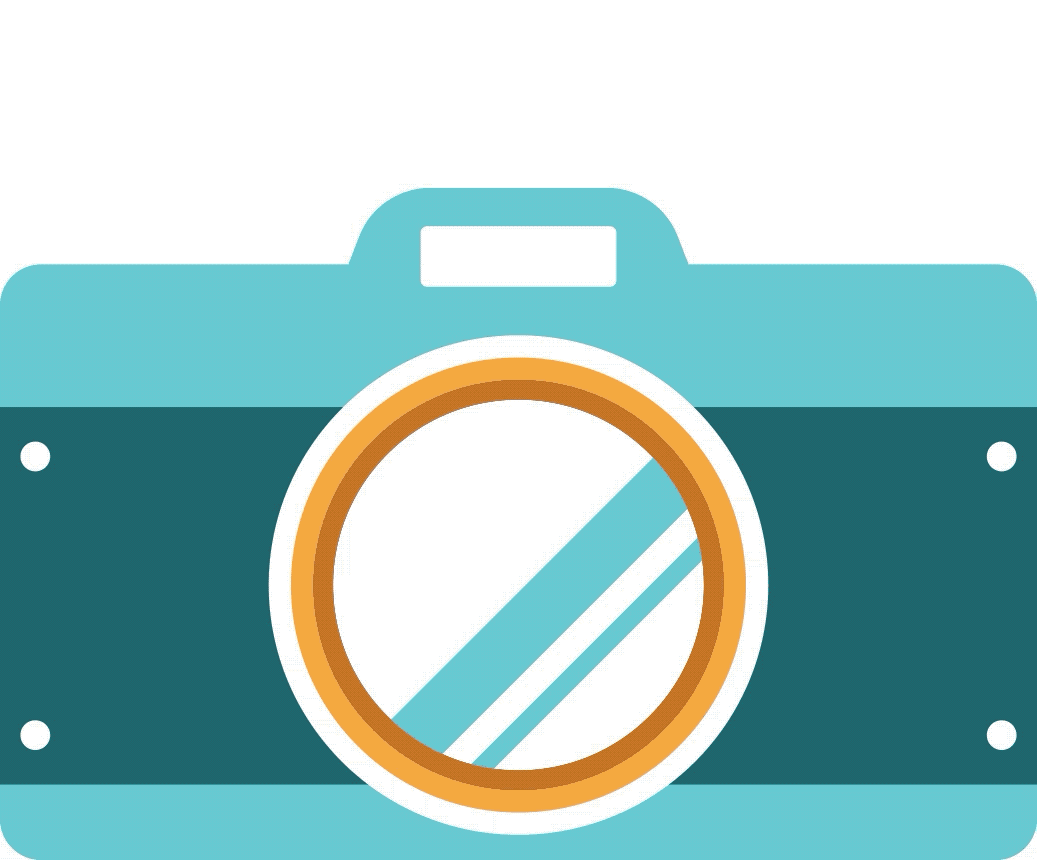Making Good Decisions

“Life is a matter of choices, and every choice you make, makes you.”
Some research suggests that we make up to 35,000 decisions a day. Of course, many of these are not conscious choices, they are made without thinking, and some are very minor – what to have for breakfast and which chair to sit at, for instance.
But whatever the actual number is, it’s A LOT!
So because we make so many decisions and they’re so important for how we live, in this mission, we will look at what you need to consider so that you can make better decisions.

Two ways to make better decisions
1. Let go of making the ‘right’ decision
We all want to make ‘the right choice’, but the truth is there is never one right or best decision. Some really important decisions you’ll want to spend a long time considering but most of the time you need to be comfortable making ‘good enough’ decisions to move forward.
Research shows that generally, people who go for the ‘good enough’ option are happier overall than those who always try to make the best choice.
2. Be more aware of your decision-making, so you can be more in control
So, when and how do you make decisions? By becoming more aware of the decisions you make and why you make them, you will be able to make more intentional choices and feel more confident in what you decide. Simple, right? Yes, but so often we make automatic decisions.
Take a moment to think through these questions one by one:
• What decisions have I made already today?
• How aware was I of these different decisions?
• What influenced my decisions? From the specific details to things like culture, expectations, instinct and habits.
• Is there a decision I would have liked to have been more considered about?

Why is it so hard to make decisions?
Think about your choices, rather than just going with the flow. That’s the first step to making better more thoughtful decisions.
Tips and tools for making decisions
Scroll this mindmap and follow some paths to look at effective decision-making, some are tips and some are about processes to follow.


Decision-Making Strategies.
We can often tend towards one or more of these instinctively. What’s your tendency? Which voices do you need to listen to more?
Your mindmap

(and some coloured pens if you have them)
Step 1: Choose a real-life decision that you have to make
Step 2: Start a mindmap, putting the decision you want to make in the centre
Step 3: Map out all the things are that are informing your decision.
Be really clear and specific. For example, you might put ‘culture’ or ‘family’ but try to expand on that by asking yourself, what is it about your culture and your family that is influencing your decision? Don’t forget to add things about your feelings – like is it something your passionate about? How passionate?
Step 4: Take a moment to look at all these things that influence your decision-making.
What are the most important factors? Which ones are not so important? How does looking at all the things that influence your decision help?

When we’re making decisions, we might experience different voices, perspectives or ideas all at the same time! Opening up to all these different ideas can be overwhelming but if we take our time and be considered it can actually be really helpful. Consider these different ways of looking at it:
• Go with your gut – what does your instinct tell you?
• Be cautious – what does the voice of caution say?
• Be couragous – what is the brave you saying?
• The enemy – what would your enemies tell you to do?
• The experienced elder – what would the 90-year old ‘you’ advise when you look back at your life?
(Adapted from School of Life)

Once you have completed your mindmap, take a photo of it and click on the button below…

